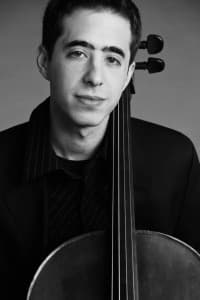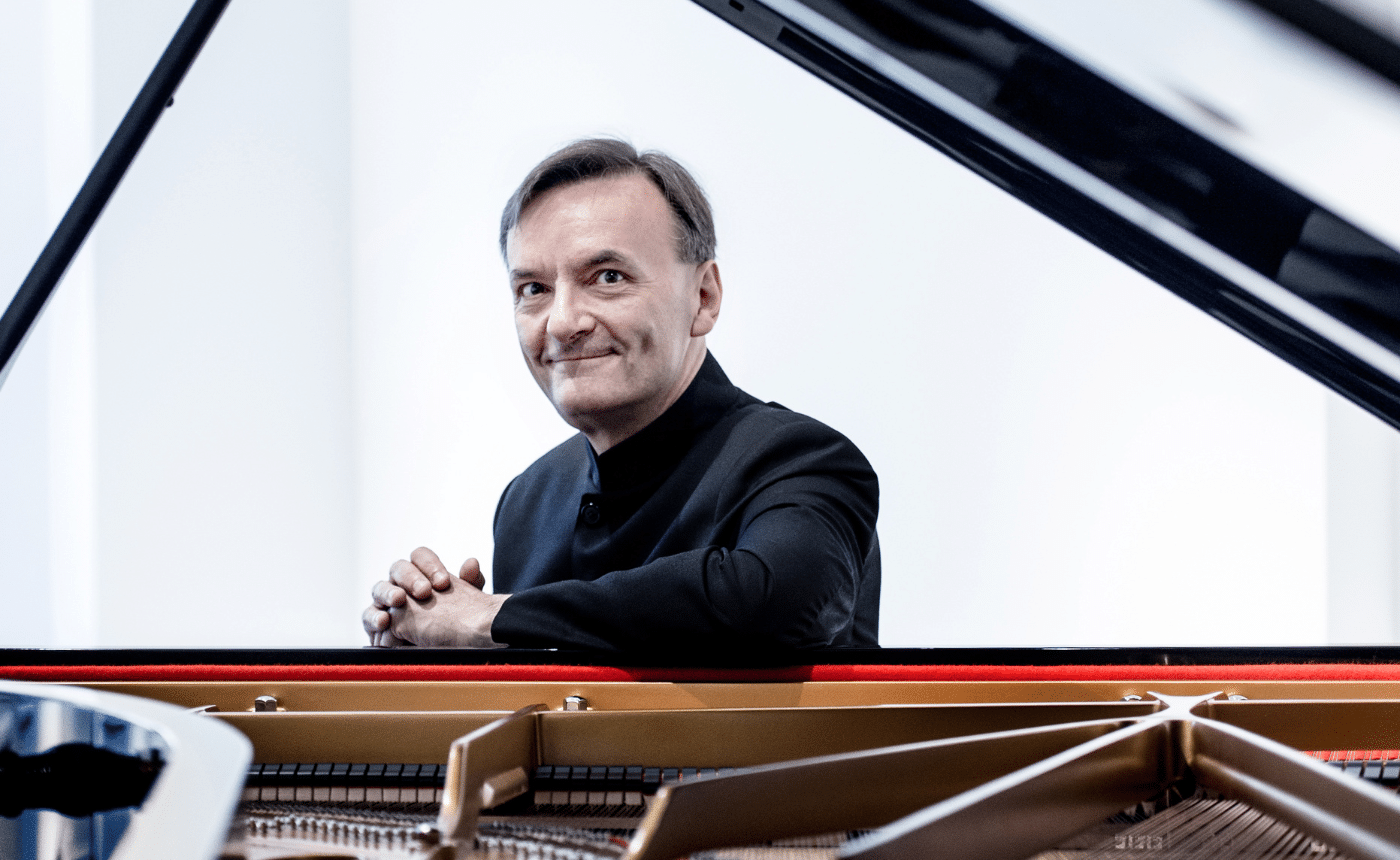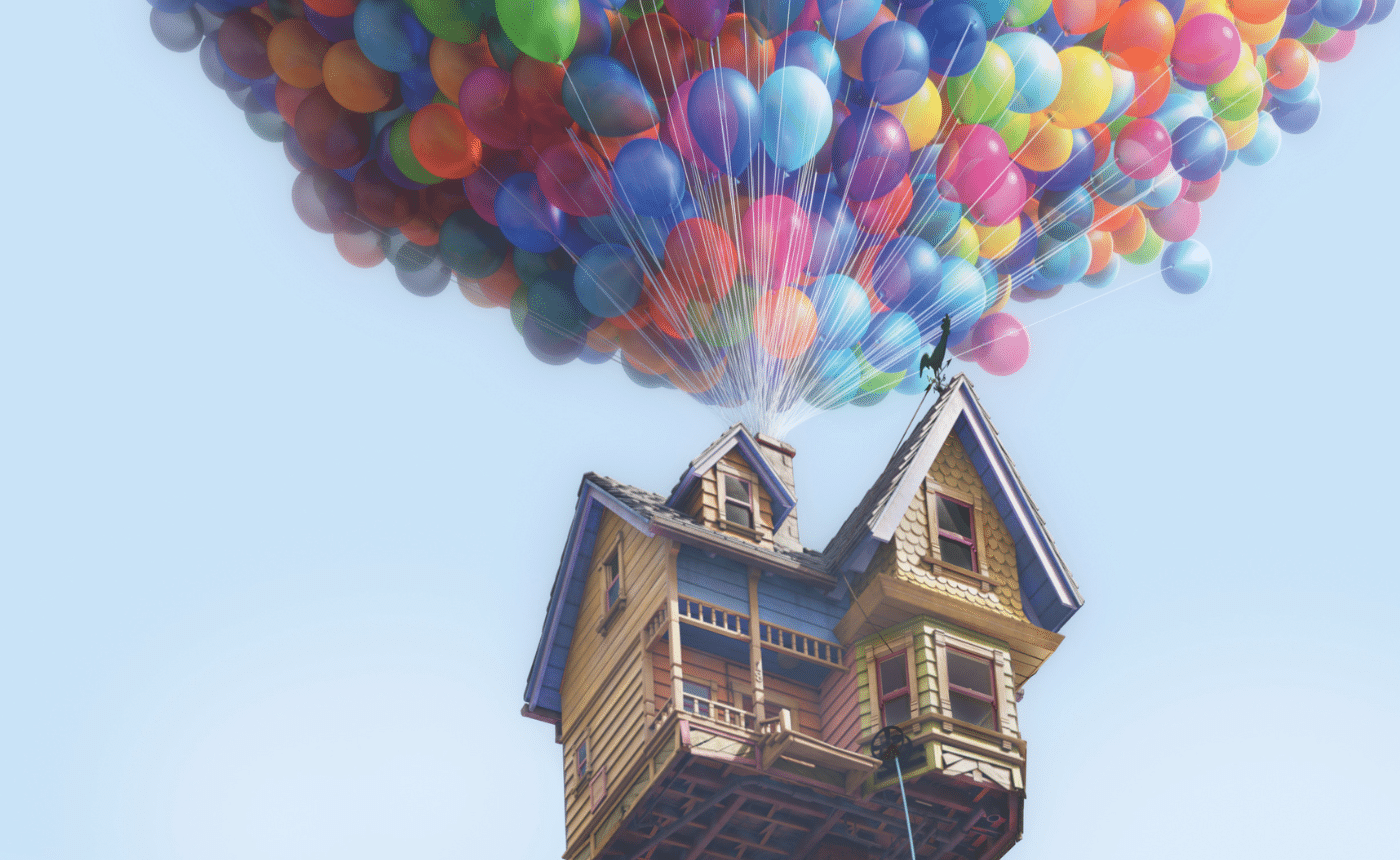Q&A with Matthew Zalkind
You will be performing Tchaikovsky’s Variations on a Rococo Theme. Have you performed this as a solo cellist before? What do you like about this particular piece of music?
I have performed Rococo Variations as a soloist several times, but my first performance was quite memorable while I was a student- I performed the work with the Juilliard Orchestra in Avery Fisher Hall in New York under the baton of Ludovic Morlot (who is now the music director of the Seattle Symphony). This was a huge learning experience for me! I LOVE this piece, and audiences typically do as well. What I really love about it is the combination of the Rococo style (characterized by elegance and refinement) and the irresistible Romantic style we expect and love from Tchaikovsky. The piece is pure delight, and the solo cello part is quite virtuosic.
You are part of the Harlem Quartet. I love jazz music and I’ve spent about an hour listening to the Harlem Quartet on Youtube. The combination of classical and jazz is addicting. How do you transition between the two? How has the reception of the Harlem Quartet been within the younger audience?
Harlem Quartet performs recitals that usually mix jazz and classical works on the same program, provided that the works are related or connected in some thematic way. This unusual programming strategy comes from the quartet’s history- though I joined the group just last year, the Harlem Quartet was founded in 2006. The ensemble’s mission from the start was to reach out to schools in Harlem and other neighborhoods where kids don’t have access to music programs. The quartet’s original members realized very quickly that it was a challenge to introduce seemingly daunting Beethoven, Schubert and other standard literature to kids who have never seen stringed instruments before. Kids can be our MOST honest audience, and will usually express their disapproval if they feel so inclined! So, looking for ways to better connect with the young audiences, the quartet started incorporating some famous jazz tunes into the repertoire, as well as a classical string quartet by jazz trumpeter and composer Wynton Marsalis. The quartet found a lot of success programming classical and jazz masterpieces side by side,for kids shows and regular chamber music audiences alike. To make a long story short- fast forward a few years, and the quartet now performs and tours regularly with jazz legends Chick Corea and Stanley Clarke, and won a Grammy for a collaboration with Chick in 2013. Quite honestly, I think Harlem Quartet owes a lot to the kids!!! We still reach out to schools on a regular basis, and often do outreach on the road.
What is the difference between playing with Harlem Quartet and playing a solo piece like Tchaikovsky’s Variations on a Rococo Theme with a full symphony?
Quartet playing and solo playing are very different. They both require countless hours of mental and physical practicing and rehearsing, yet I don’t believe that one is really more difficult than another. Playing a concerto can require a great deal of virtuosic playing, and the Tchaikovsky is no exception. I try to maintain a balance of solo and chamber music playing in my career, partly because I believe that it keeps me in the best musical shape!
I’ve also been watching many of your performances for competitions like Semi Finals of the 2011 International Tchaikovsky Competition. Do you prepare or practice differently when you are competing as opposed to a concert like this one at the Utah Symphony?
I love this question! Ideally, the answer is no- artistic integrity should remain the same, whether it is a competition or a concert. However, being compared to other cellists, especially at a competition like the Tchaikovsky Competition, has a way of putting technique under a microscope during the preparation process. I love doing competitions in part because they raise my technical standards in all areas. I always feel like I come home from a competition a better cellist, regardless of the competition results. I highly recommend competitions to music students, because they are a great way to improve! Preparing for competitions while I was in school helped me prepare for concerts in the “real world.”
Welcome back to Utah, and with the Utah Symphony. Your season has been riddled with concerts through the US and international trips. Coming home is always a pleasant treat, but what has been your most memorable trip so far? How nerve-wracking is it to be performing with your parents?
Thank you! It is always nice coming home, and I couldn’t be more excited to play these concerts. I grew up studying with and learning from members of the Utah Symphony, in addition to my parents of course. My mom will be in the orchestra when I play the Tchaikovsky, yet the piece is scored for no trombones, which means my dad will not be playing. It is certainly surreal for me to play a concerto with one or both of my parents in the orchestra- I experienced that for the first time as a teenager playing Dvorak Concerto on a Utah Symphony Salute to Youth concert. My parents have always been incredibly supportive. In addition, one of my principal teachers, Utah Symphony cellist Pegsoon Whang, will also be in the orchestra. The Utah Symphony is truly world class, and I feel so honored to have this opportunity.
I would have to say my most exotic and interesting trip so far this year was to Ethiopia. I went with the Harlem Quartet to play concerts at the US embassy and the African Union in Addis Ababa. We extended our trip to do amazing tourism around the country, and I will never forget it. Musically, we met with many local musicians and composers, and had a wonderful cultural exchange.
One trip I’m really looking forward to is touring japan in a few weeks with the Harlem Quartet and Chick Corea!
The hardest question I have to ask is what if your favorite piece to play? Classical or Jazz or contemporary?
I’m afraid this question is too difficult to answer… I have way too many favorites. I would imagine many musicians feel the same way! Bach cello suites and Beethoven String Quartets to start, followed by a list of hundreds of others…












